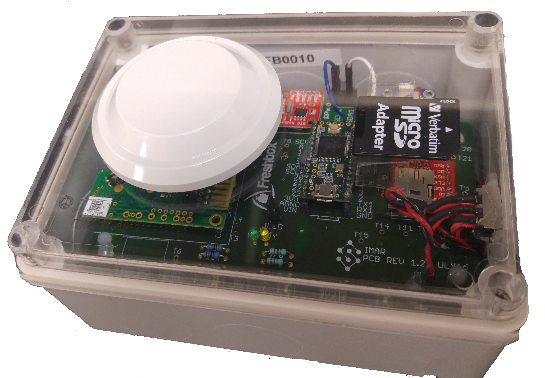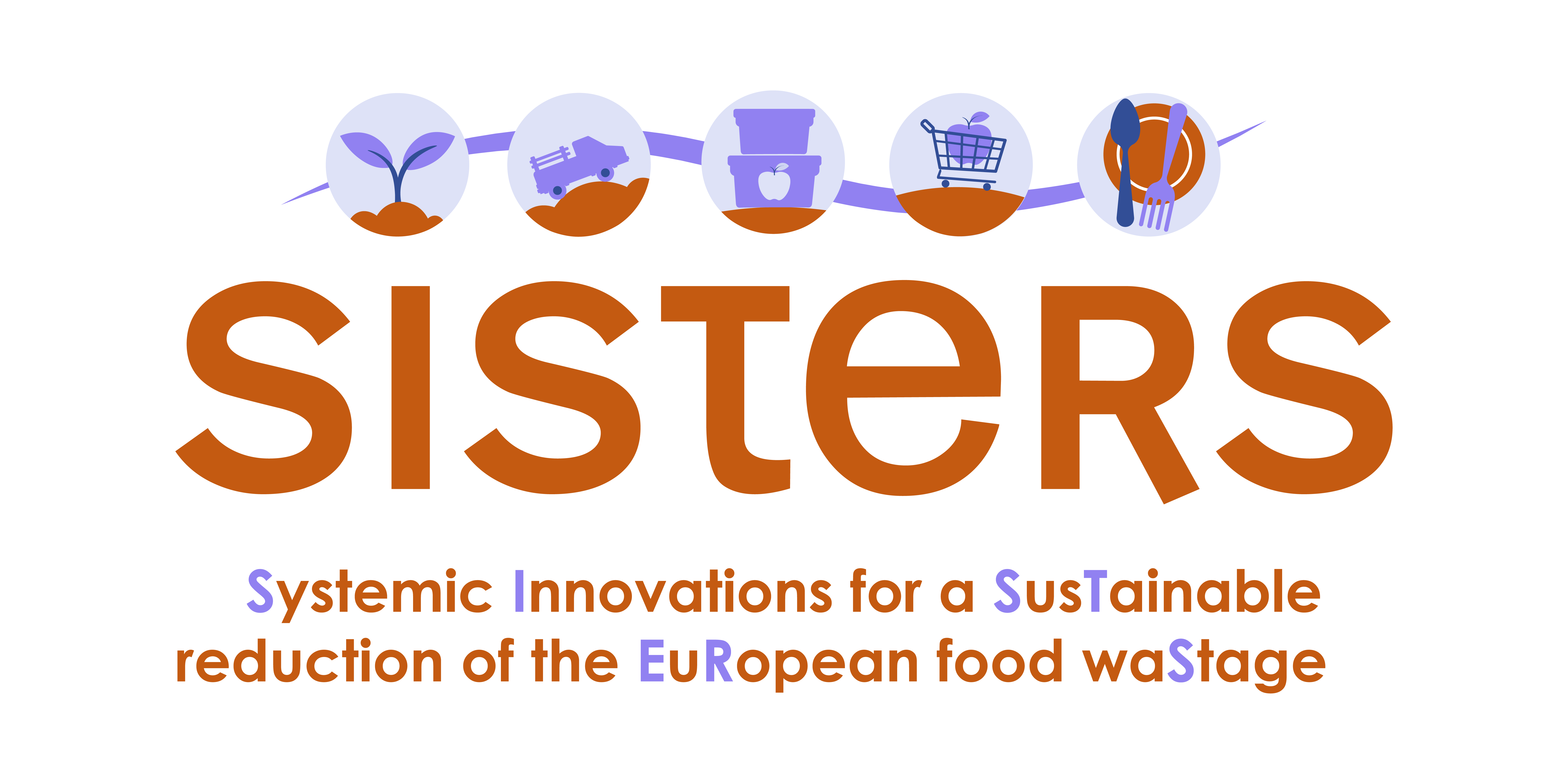
Internet of Things helping reduce food loss and waste
Innovative solutions in Internet of Things are being driven by new research in electronics, sensor technology, software development and materials science.
The ImaR (Intelligent Mechatronic and RFID) Research Centre in the Munster Technological University, Ireland is using their expertise in the SISTERS project to monitor the environmental conditions that pervade in the Logistics Phase of the food supply chain. The monitoring of environmental conditions during transport is an indicator of the freshness of food produce and provides valuable information that is used to design solutions that may be able to minimise the volume of food loss and waste during the transport phase.

Freshbox Sensor Kit
(ImaR, 2016)
Between 2014 and 2016, ImaR as a member of the FreshBox project, developed an Innovative Sensor Kit that measured O2, C02, Temperature and Humidity. Freshbox was an innovative transport container that was proven to extend the shelf life of fresh produce. The sensor kit developed by MTU were transported with produce contained in Freshbox containers travelling between Spain and Germany. Environment data monitored during transportation was stored in the sensor kit before being harvested and stored in the cloud via an app. The data could be viewed on charts within the app.
Fast forward to 2022, BulkBox and StoreBox are two new innovative food transportation containers that are being designed as part of the SISTERS project. A new, more advance sensor kit is being developed in a partnership between Rebus Labs and MTU. Temperature, Humidity, CO2 and O2 will again be measured while research is ongoing to add more advanced sensors to monitor VOC’s such as Ethlyene as an indicator of fruit ripening.

BulkBox Sensor Kit
(Rebus Labs, 2022)
Since Freshbox, sensors have become smaller, more precise and more reliable. Technology in the cloud has also developed rapidly in the last six years offering larger storage units and a whole host of new analysis and display tools. Cloud connectivity has been greatly enhanced offering faster and cheaper ways to transport data and share it with our partners and the rest of the world.
Reduction of CO2 emissions in the food chain will ultimately help us achieve our net zero goals. Efficient food production will reduce our carbon footprint and help our fragile biodiversity to recover from years of food over-production and waste.






Leave A Comment